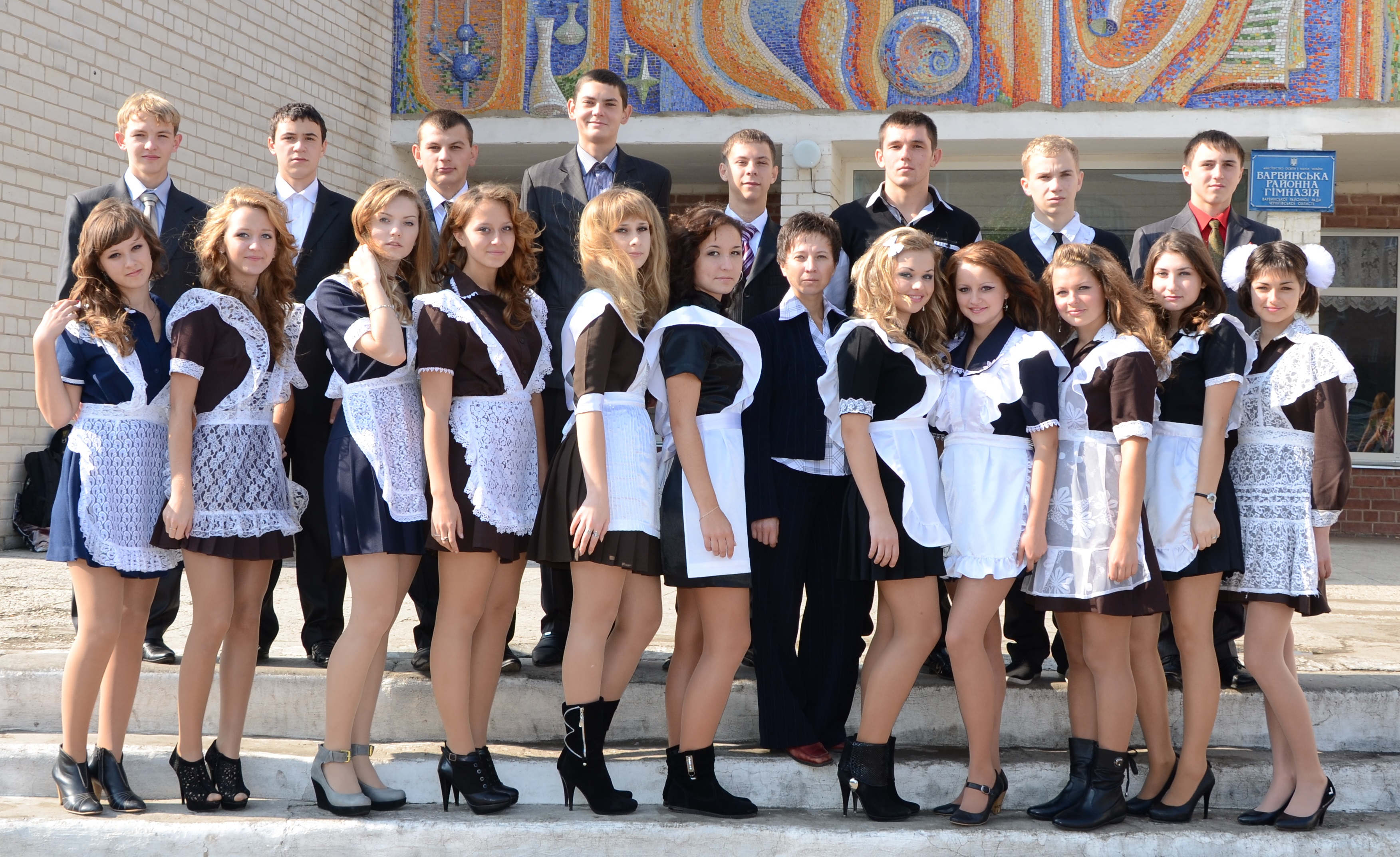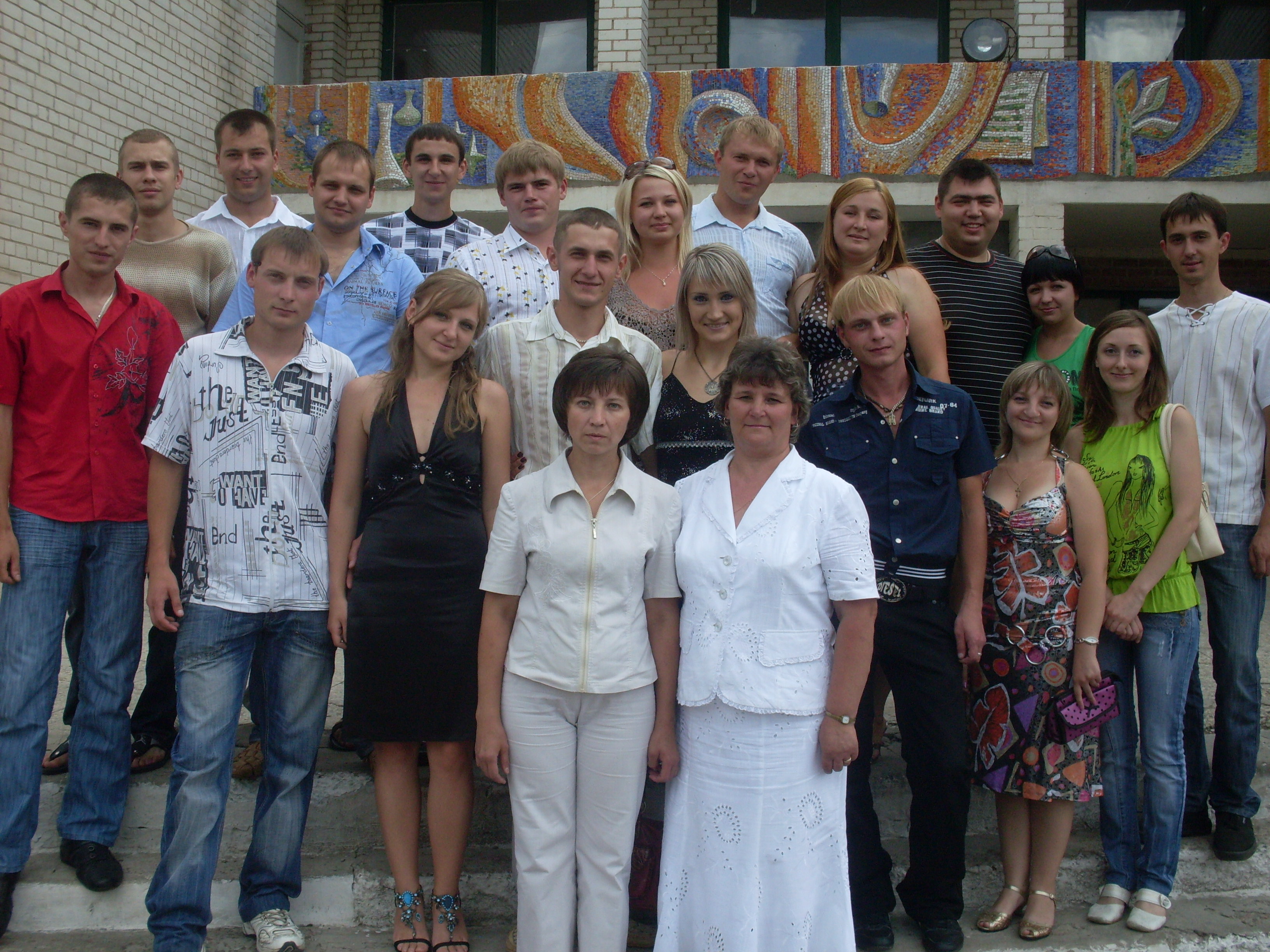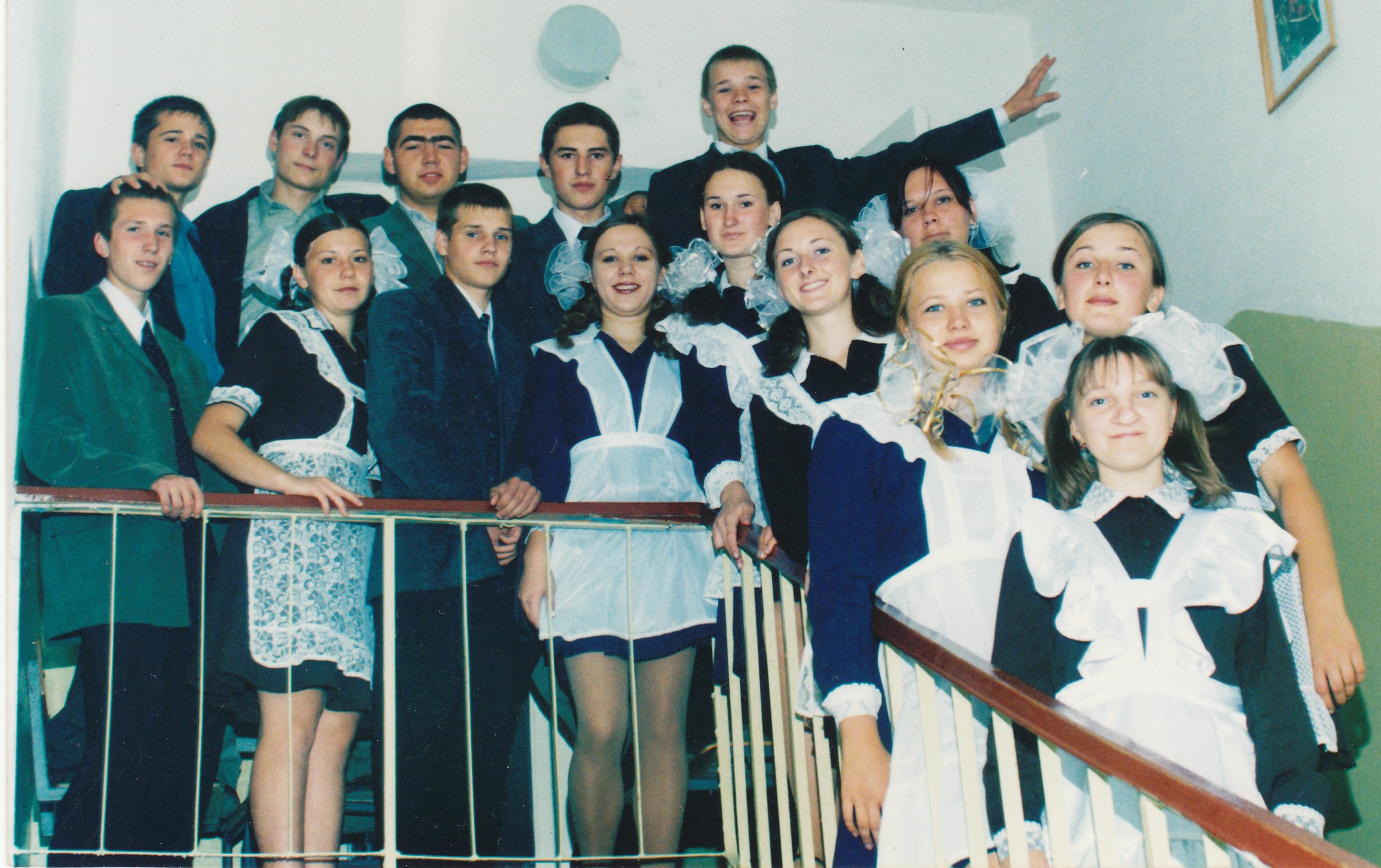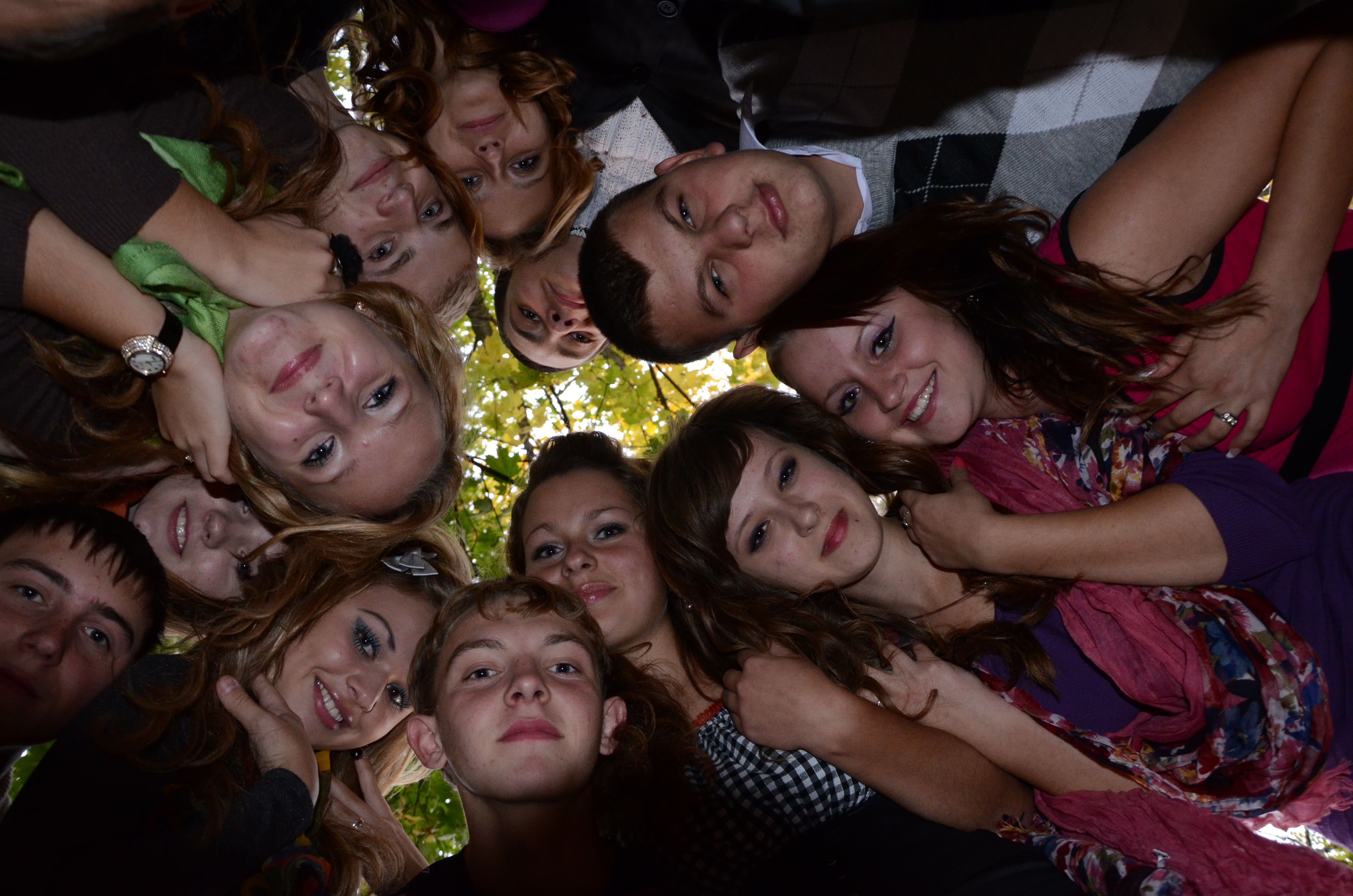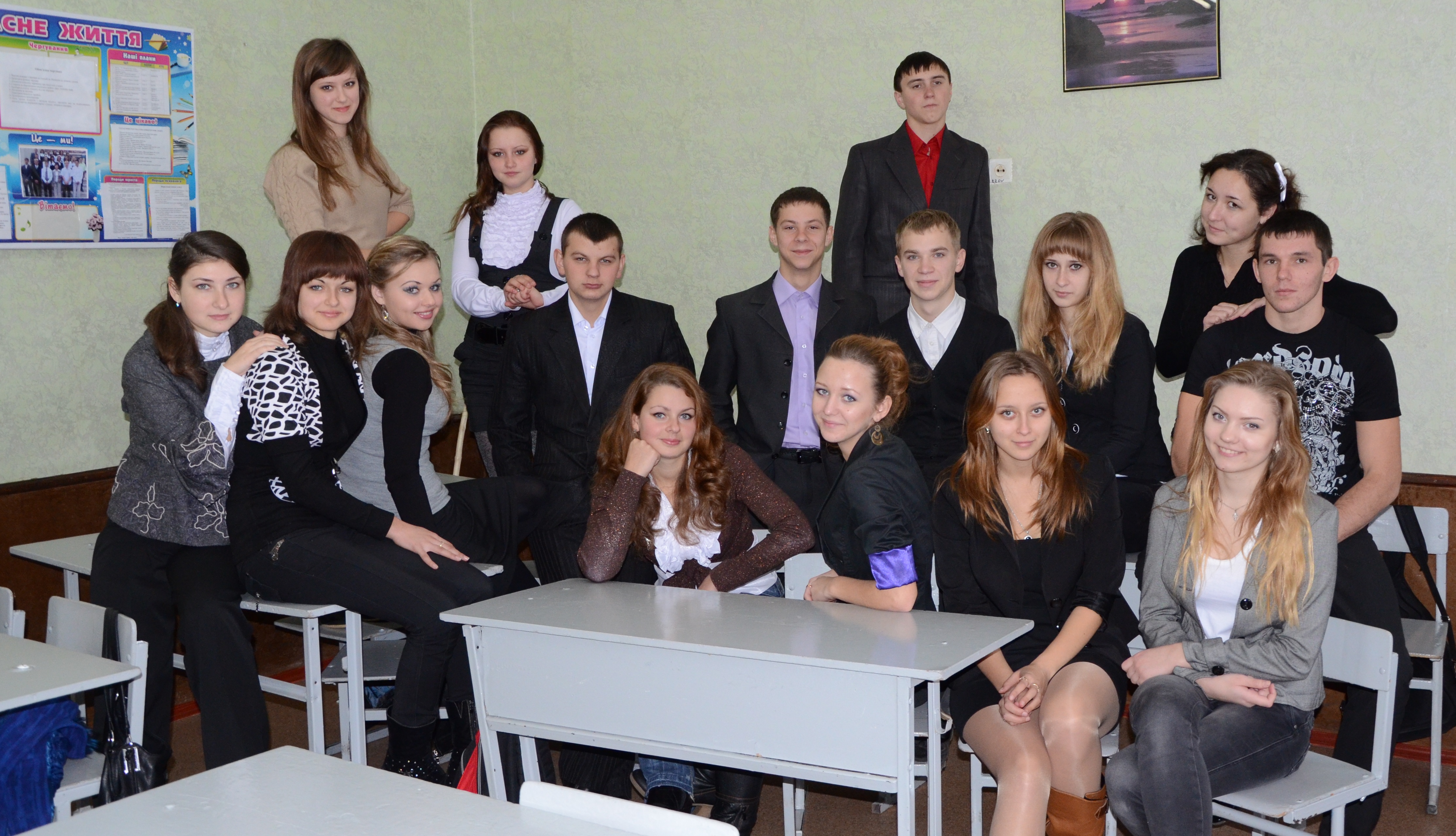Television. Demo Lesson
9th-form
Level – intermediate
Topic. Television. Demo Lesson
Objectives.
Practical (skills-forming): to teach students listening comprehension, speaking on the topic, answering questions on the content of the text.
Writing Informal Letters
Introduction
– I’m sorry I haven’t written for so long, but…
– Thank you very much for your letter…
– I am grateful…
– Many thanks…
– I would like to thank you…
– What a surprise it was to get a letter from you after all this time.
– I was very sorry to hear …
– I feel sure that you will be interested to know…
The reason for your letter
– I shall get straight to the point…
– Anyway…
Additional information
– There is one further point…
– By the way…
– I would like to inform you…
Conclusion
– I’m looking forward to hearing from you soon.
– Do keep in touch.
– Let me know whether/ when/where/how…
– I would be grateful if you would…
– Please be so kind as to…
– That’s all for now.
– Write soon.
– Give my regards to…
– All the best.
Ending
– Yours, …
– Your friend, …
– Yours respectfully, …
– Best wishes, …
– Regards, …
– With love, …
– Love, …
Writing Formal Letters
Greeting
– Dear Ms Dutton, (when you know the person’s name)
– Dear Sir or Madam (when you don’t know the person’s name)
Introduction
– Thank you for your letter of…
– I am writing with reference to your letter of …
– I would definitely like to go on the course.
Personal information
Purpose
Formal ending
– I am looking forward to hearing from you soon.
– I sincerely hope you will be able to help me in this matter.
– I should greatly appreciate an early reply.
– Please accept our sincere apologies for the trouble this mistake has caused you.
– We apologize sincerely for the trouble caused to you, and will take all possible steps to ensure that such a mistake does not occur.
The subscription
– Yours sincerely, (if you started your letter Dear Ms Dutton)
– Yours faithfully, (if you started your letter Dear Sir or Madam)
Your signature
Print your name clearly
Three Men in a Boat
Agree or disagree
- I woke up at eight o’clock the next morning.
- At that time Harris had rooms in the house of a lady called Mrs. Gippings.
- One morning his watch stopped at ten o’clock.
- This happened in spring, so it was dark in the morning.
- When George woke up, he looked at his watch. It was a quarter past eight.
- George took his watch and ran upstairs. The dining-room was dark and silent.
- George was very angry with Mrs. Gippings.
- The front door was unlocked.
- There were many people about in the street and shops were open.
- George could see only three people: a policeman, a man, who was taking vegetables to the market and one was a taxi-driver.
- George asked the taxi-driver what time it was.
Task 17. A Philosophy Professor and His Students
A philosophy professor stood before his class and had some items in front of him. When the class began, wordlessly he picked up a very large and empty jar and proceeded to fill it with rocks about 2 inches in diameter.
He then asked the students if the jar was full. They agreed that it was. So the professor then picked up a box of pebbles and poured them into the jar. He shook the jar lightly. The pebbles, of course, rolled into the open areas between the rocks.
He then asked the students again if the jar was full. They agreed it was. The professor picked up a box of sand and poured it into the jar. Of course, the sand filled up everything else. He then asked once more if the jar was full. The students answered together, “Yes”.
The professor then showed two cans of beer from under the table and began to pour their entire contents into the jar – effectively filling the empty space between the sand. The students laughed.
“Now”, said the professor, as the laughter stopped, “I want you to recognize that this jar represents your life. The rocks are the important things – your family, your partner, your health, and your children. Things, that if everything else was lost and only they remained, your life would still be full. The pebbles are the other things that matter like your job, your house, and your car. The sand is everything else. The small stuff”.
“If you put the sand into the jar first”, he continued, “there is no room for the pebbles or the rocks. The same goes for your life. If you spend all your time and energy on the small stuff, you will never have room for the things that are important to you. Pay attention to the things that are critical to your happiness. Play with your children. Take time to get medical checkups.There will always be time to go to work, clean the house, give a dinner party and fix the disposal”.
“Take care of the rocks first, the things that really matter. Set your priorities. The rest is just sand”.
One of the students raised her hand and asked what the beer represented.The professor smiled. “I’m glad you asked. It just goes to show you that no matter how full your life may seem, there’s always room for a couple of beers”.






